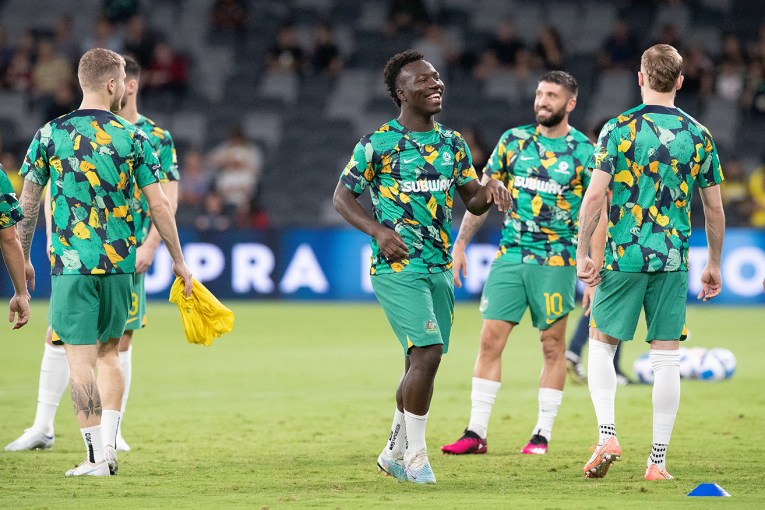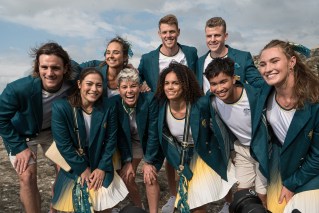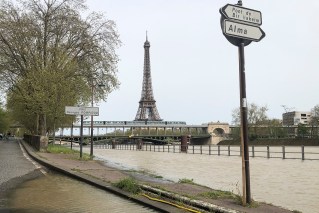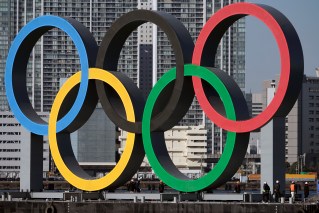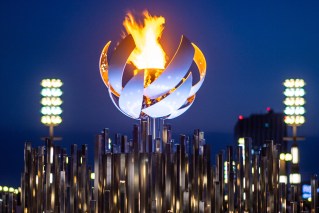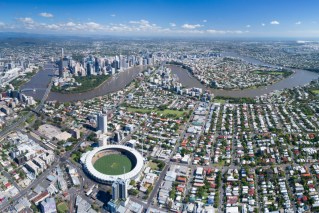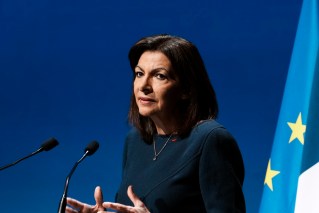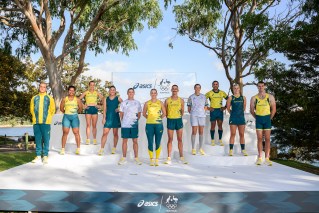Australia among 34 countries to back Russia, Belarus Olympic ban
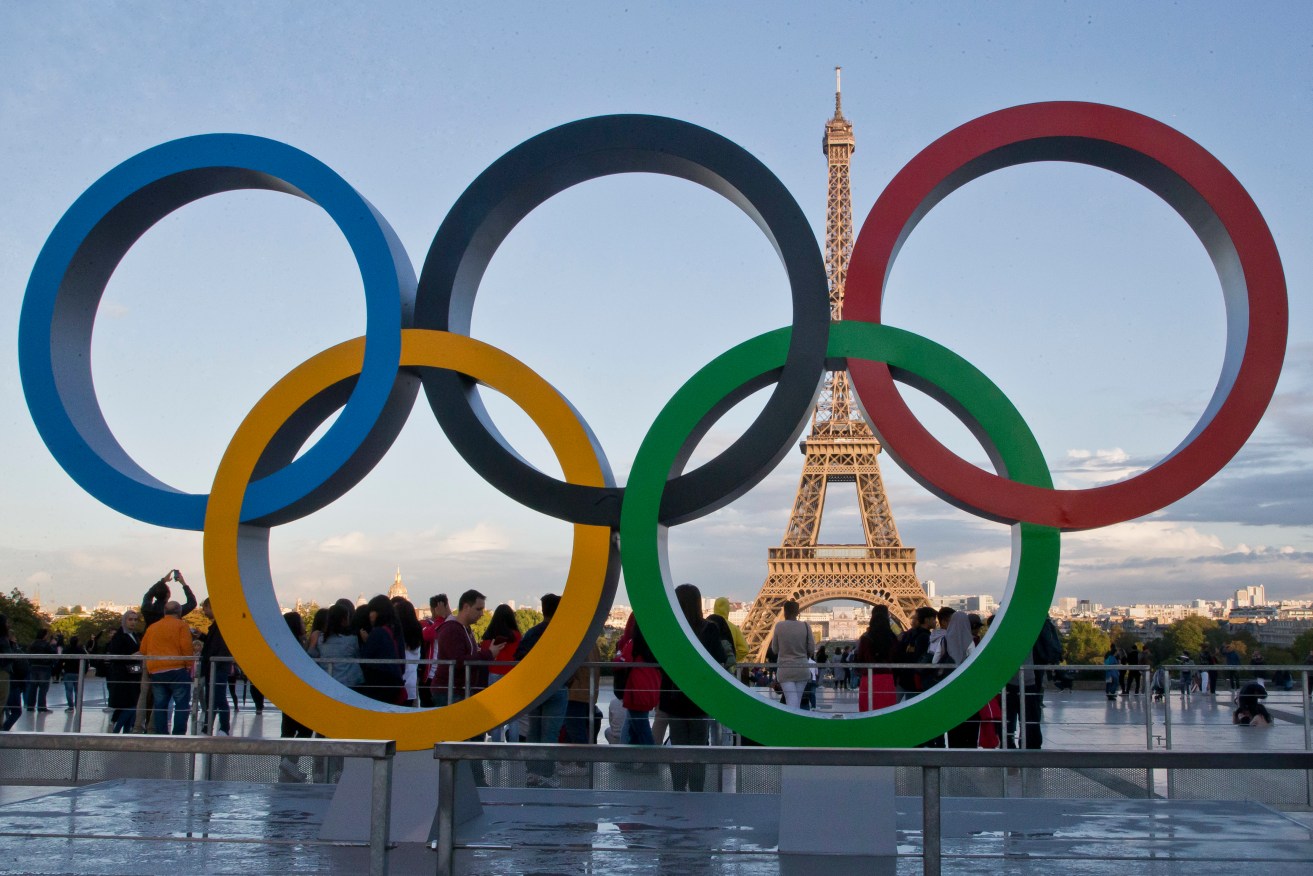
34 nations have asked the IOC for clarity on "neutrality" ahead of next year's Olympics in Paris. Photo: AAP
Australia has joined 33 other nations – including the US, Britain and Japan – in backing a ban on Russian and Belarusian athletes from competing in international sporting events.
Britain released a statement on behalf of the 34 governments on Tuesday, calling on the International Olympic Committee to clarify the definition of “neutrality” as it seeks a way to allow Russian and Belarusian athletes back into international sports and, ultimately, the 2025 Paris Olympics.
“As long as these fundamental issues and the substantial lack of clarity and concrete detail on a workable ‘neutrality’ model are not addressed, we do not agree that Russian and Belarusian athletes should be allowed back into competition,” it read.
A spokesperson for Sport Minister Anika Wells confirmed on Tuesday that Australia had signed up to the document.
Other nations to sign the statement include France, Canada and Germany. Along with the US and Britain, the five nations had nearly a fifth of all athletes to the Tokyo Games in 2021.
Other countries that had suggested an Olympic boycott was possible if the Russian invasion of Ukraine war continues – such as Poland, Latvia, Lithuania and Denmark – also signed onto the statement, which did not go so far as to mention a boycott. South Korea, France, Italy, Germany and New Zealand also signed the document.
It was the product of a February 10 summit in London between government leaders, who heard from Ukrainian president Volodymyr Zelensky. He said Russia athletes had no place at the Paris Games as long as the country’s invasion of Ukraine continued.
The IOC is trying to find a way to allow Russians into the Olympics, citing the opinion of United Nations human rights experts who believe Russians and Belarusians should not face discrimination simply for the passports they hold.
The organisation wants competitors from those countries who have not supported the war to be able to compete as neutral athletes, with no symbols of their countries allowed.
An IOC spokesman said the committee had already begun a process to outline the circumstances under which Russians could compete in international competition if, in fact, it decided to push ahead with that plan.
It’s a decision that needs clarity long before the Paris Games because 2023 marks the start of the Olympic qualifying period.
Russia and Belarus, traditionally considered part of Europe in the international sports system, have instead been invited to compete in some Asian qualifiers later this year. The next IOC executive board meeting is set for March 28-30.
While acknowledging an argument to allow neutral athletes, the government officials noted in the joint statement how closely sports and politics are intertwined in Russia and Belarus. Russia invaded Ukraine a year ago on Friday and Belarus has been Russia’s closest ally.
“We have strong concerns on how feasible it is for Russian and Belarusian Olympic athletes to compete as ‘neutrals’ – under the IOC’s conditions of no identification with their country – when they are directly funded and supported by their states (unlike, for example, professional tennis players),” the statement said.
“The strong links and affiliations between Russian athletes and the Russian military are also of clear concern. Our collective approach throughout has therefore never been one of discrimination simply on the basis of nationality, but these strong concerns need to be dealt with by the IOC.”
